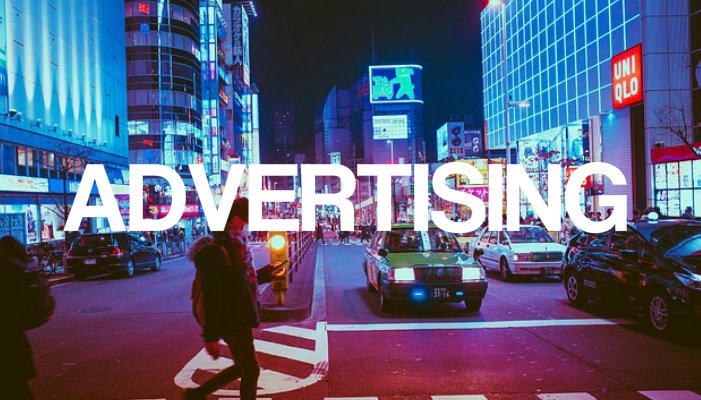Most of us can relate to the experience of being bombarded with irrelevant and annoying ads as we browse the internet.
It’s become an unfortunate fact of life, and has propelled an uptake in adblocking software over the last few years.
People are sick and tired of seeing floods of banner ads for things they don’t care about and will never buy. They’re bored of the same old impersonal, lazy advertising methods that don’t help them and serve only to make their time online less pleasant.
It’s especially frustrating because the online advertising model has so much to offer. Unlike other forms of advertising like TV, radio, and billboards, online ads can be much more personal and tailored to the user.
Unfortunately, companies have tended to misuse the user data needed to target ads properly. The result is inaccurate ads or worse, scandals surrounding data privacy and users’ security.
Ads don’t have to be an unfortunate downside to using the internet. They shouldn’t be something we just put up with — they could be genuinely useful to us.
To get to that point, it’s important to look at the current state of online advertising, and figure out how we can change things for the better.
The problems with online ads
Right now, ads are annoying because the model behind most online advertising is pretty poorly designed.
It’s dominated by giant platforms like Facebook and Google, who reap the rewards in the form of astronomical ad revenues while users and advertisers lose out.
But how does it work? To put it simply, Facebook and Google have access to a huge amount of data collected from their users. This contains information about what each person likes, their interests, and ultimately the kind of things they might be interested in buying.
Then, these platforms work with advertisers to help them target their ads at people who will be most likely to respond positively.
It’s a nice idea, but the reality is far from ideal. Because users don’t control their data, they can’t interact with advertisers directly. So everything goes through a third party — a middleman like Google or Facebook.
This means ads are often mis-targeted, which results in users seeing ads for things they aren’t interested in at all, for things they don’t intend to buy.
This is obviously annoying for users, but it’s bad news for advertisers too. Instead of getting good response rates to ads and using their budgets efficiently, they end up wasting money by targeting people who couldn’t care less about what they’re selling.
Another party that loses out is content creators. These are the people who produce the content that makes Facebook and Google tick. They pull in the traffic, and without traffic these sites are worthless.
But advertisers can’t work directly with these people; again they’re forced to go through a third party platform. The result is that content creators are unable to make deals with advertisers and command their own rates, they just have to rely on what the platform decides to pay them. (Which, by the way, is often less than they deserve).
The resulting situation is one where monolithic platforms make billions upon billions of dollars in ad revenue, and pretty much everyone else gets a raw deal.
How on earth can we fix this, and build a model where everyone benefits?
The blockchain solution
There are a number of companies aiming to improve online advertising for everyone. One of these is BAT. Their focus is on using their own crypto token to allow advertisers, content publishers, and users to interact directly.
They want to take middlemen out of the equation, giving users more control over their data and allowing advertisers to target ads more accurately.
Another platform, Kind Ads, is taking a similar approach. Where BAT requires users to download their own browser, Brave, KindAds has no such requirements.
Their platform works fine with existing browsers like Chrome and Firefox and also allows users much greater control over their data than they currently have. They’ll be able to choose which companies can access it and earn tokens for sharing. Users can also opt out of receiving ads from companies they aren’t interested in.
Both of these models allow users, advertisers, and publishers to work together more closely. Publishers will be able to command fairer rates, while advertisers and their customers will be able to forge closer, more productive relationships.
It’s a step away from impersonal, intrusive banner ads and a shift towards friendlier and more personal styles of advertising like chatbots and push notifications.
In a world where advertising can really damage our experience online, blockchain could help make things more pleasant for everyone.



































